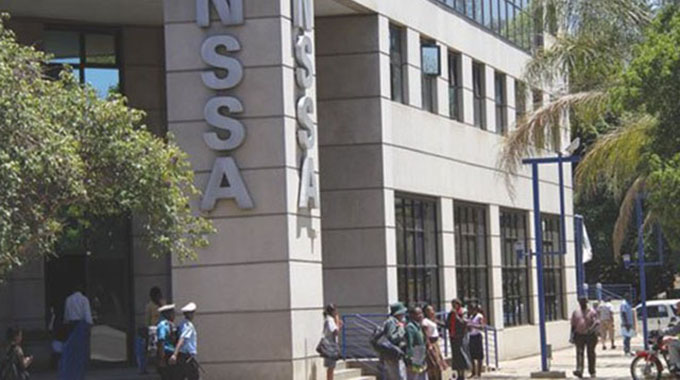London constitutional talks make slow progress

The Herald, September 14, 1979
BISHOP Muzorewa threatened to leave Zimbabwe Rhodesia constitutional conference before its agenda was completed, and the Patriotic Front said it planned to put forward its own proposals for the country’s future during a day of controversy and slow progress at the Lancaster House talks yesterday.
The conference met for less than an hour before adjourning until this afternoon, and delegates had tea with the British Prime Minister, Mrs Margaret Thatcher.
Before the conference is the British Government’s secret 15-page memorandum setting out its ideas for a constitution under which legal Independence can be granted.
Both delegations said yesterday they would be ready today to give their views on this.
The Zimbabwe Rhodesia delegation had its own problems when a member of the national unity government, the Rev Ndabaningi Sithole, dissociated himself from the bishop’s contention that the present constitution under which the country is administered was worthy of international recognition.
Mr Sithole’s party said the election that brought the Bishop to power had been rigged, and supported British proposals for a fresh ballot, under a new constitution, which would reduce the powers presently held by the white minority.
Earlier, the bishop told a news conference: “The constitution is what we came here for. That is what I understand to be the quarrel between us and the British Government.”
The implication was clear in the bishop’s remarks that he was not prepared to discuss pre-independence arrangements concerning elections, military matters and the maintenance of law and order, included on the agenda after pressure from the Patriotic Front.
The issue appeared to have been settled the previous day after the Patriotic Front dropped its demand that the conference should first address itself to arrangements for a transitional period and a compromise agenda was agreed upon “without any objection being raised”.
LESSONS FOR TODAY
- 103 days of the Lancaster House talks can be like a lifetime, but it was nothing compared to the bitter war and the contestations that took place since 1890.
- All sides at the talks eventually tolerated each other despite their ideological differences. It was a painful process, but after three months, the Lancaster House constitution was in place and a ceasefire was announced, and all political parties were unbanned to allow conditions for ending the war and return of exiled people.
- Organisers of meetings of this nature normally deal with platefuls of arrogance and egos that need massaging. You have to be a well-trained to ensure that even if tempers flare, they will be put down, and nothing gets ruined.
- From the start of the talks until the signing of the agreement on December 21, 1979, Lord Carrington and his British officials saw a lot of this, as the different groups and/or personalities tried to upstage and/or outmanoeuvre one another to ensure that only their positions carried the day.
- After Independence opportunities for inter-party talks showed us that people can choose progress or use delaying tactics to score cheap political points. The Global Political Agreement is a case in point.
- Bishop Muzorewa was the least person to react the way he was, considering that he had unleashed security forces on the people and the freedom fighters. When elections were eventually held, the three seats his party got must have sobered him.









Comments